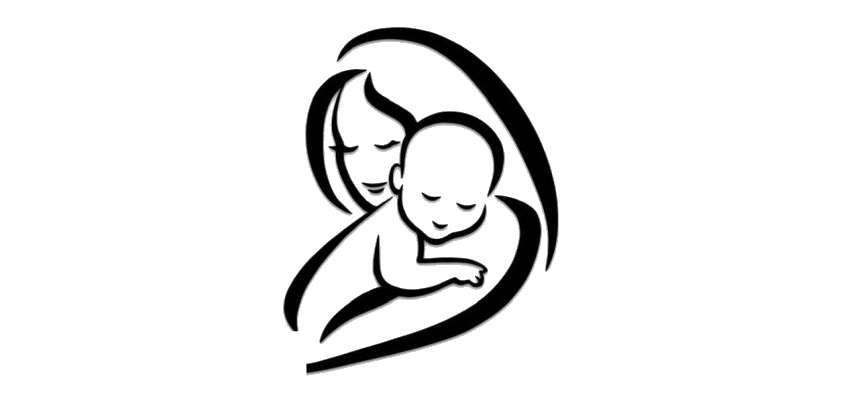 Kate Chopin’s Désirée’s Baby Kate Chopin’s Désirée’s Baby reflects the culture of America’s ‘Deep South’ in the mid-1800s. The name Désirée originates from the French word for desire. Armand Aubigny, a young plantation owner who is proud, bigoted and harsh on his slaves, marries the orphaned Désirée for her beauty. He is not concerned about her unknown background until she has a mixed-race baby. His reaction causes Désirée to run from the house and flee with the baby into the bayou. Some weeks later, Armand uncovers an even more devastating secret. Themes (see below) include love, impulsiveness, racism, elitism, shame and/or vindictiveness, and identity.
Kate Chopin’s Désirée’s Baby Kate Chopin’s Désirée’s Baby reflects the culture of America’s ‘Deep South’ in the mid-1800s. The name Désirée originates from the French word for desire. Armand Aubigny, a young plantation owner who is proud, bigoted and harsh on his slaves, marries the orphaned Désirée for her beauty. He is not concerned about her unknown background until she has a mixed-race baby. His reaction causes Désirée to run from the house and flee with the baby into the bayou. Some weeks later, Armand uncovers an even more devastating secret. Themes (see below) include love, impulsiveness, racism, elitism, shame and/or vindictiveness, and identity.
Original Text / PDF /Audio (2,150 words)
Themes
Love: The Valmondes show unconditional love towards Désirée. Firstly, in taking her in as a child with an unknown background and later, in saying that she and the child would welcome to come back and live with them. Armand’s father also appears to have shown unconditional love in consciously marrying a woman who belongs to the race that is cursed with the brand of slavery.
Impulsiveness: Armand and presumably his father demonstrate impulsiveness in the way they fall in love without proper thought for the possible consequences. (That was the way all the Aubignys fell in love, as if struck by a pistol shot.)
Elitism: Armand justifies not enquiring about Désirée’s background with a question: What did it matter about a name when he could give her one of the oldest and proudest in Louisiana?. The major reason he is unhappy about the thought of Désirée being of mixed race is not racism; it is what this will mean for his reputation in society. (Moreover he no longer loved her, because of the unconscious injury she had brought upon his home and his name.) It would appear that Armand has fathered other mixed-race children, such as La Blanche’s quadroon (25% negro) boys. Such interracial relationships were common and accepted in Louisiana. However, interracial marriage was not only frowned upon but also illegal.
Racism: Racism rears its ugly head in two other ways. First is slavery. It doesn’t matter whether you are kind to or indulgent with your slaves (like the Valmondes and Armand’s father) or demanding and strict (like Armand), the idea that someone is inferior by way of their race and can therefore be “owned” is racist. A more complex example of racism is Désirée’s reaction to the accusation that she is of mixed race. She would have been brought up accepting the racist views of the day as fundamental truths. As can be seen from her initial denial and subsequent reactions, this affected her greatly.
Shame and/or Vindictiveness: One of the biggest unanswered questions in the story is why Désirée chose to wander off into the bayou with her baby rather than to go back to the Valmondes who loved her. Louisiana was more progressive than many other states at the time in that “free” people of mixed blood were well accepted and could own and operate farms or businesses and even have slaves of their own. I can think of only two reasons for her actions: depression brought about by a feeling of shame, or a vindictive desire to make Armand pay for allowing her to leave. Either way, as a mother it was a cowardly decision if it meant harming her baby in the process.
Identity: The question of identity shifts and changes several times in the story. As an orphan, Désirée had no identity. When the Valomondes took her in, she grew into the idol of Valomende. In marrying Armande she acquired one of the oldest and proudest names in Louisiana, only to wind up as a nameless single mother wandering the bayou. Armand on the other hand transforms from a powerful, respected member of Louisiana society looking forward to a son to carry on his name, to a bitter man with, what is for him, humiliating a secret that will prevent him from having a child of his own.